Disclosure: This article may contain affiliate links. If you decide to make a purchase, I may make a small commission at no extra cost to you.

The battle to hold back signs of skin aging is something shared by millions of people. All of us go through it, with the first signs usually showing up as early as 25 for many people.
Some of us even spend hundreds per year on fancy cosmetics that only have a modest effect. But what if slowing down skin aging was just a matter of cutting calories?
CR is almost universally effective when it comes to improving health and extending lifespan. The diet has remarkable effects on preventing and delaying age-related diseases and it extends the youthful portion of life.
The animals that are put on calorie restriction also have less greying, more fur, and fewer signs of skin aging.
What causes skin aging?
There are many things which cause the skin to age over time. The changes that take place in the skin are due to intrinsic and extrinsic factors.
Intrinsic aging
Intrinsic aging is influenced by genetics, structural, and biochemical changes that take place within the skin as we age.
There is a decrease in collagen synthesis, as well as becoming increasingly disorganized. The formation of advanced glycation end-products in the skin also occurs.
And it doesn’t stop there… skin cells start to divide more slowly, vascularization decreases, which reduce oxygen and nutrient availability. There is also a reduced ability to repair DNA damage, decreased mitochondrial function, and decreased lipid synthesis.
Other changes which cause and exacerbate the aging process of the skin include elevation of pro-inflammatory cytokines, increased MMP enzymes that degrade collagen and elastin, increased oxidative stress, and transcriptional changes that lead to loss of cell identity.
These intrinsic causes of skin aging are thought to be more difficult to prevent.
Extrinsic aging
Extrinsic aging is the factors that we have control over. External factors that can cause premature aging of the skin are smoking, UV rays, pollution, excessive alcohol consumption, and infrared radiation.
These factors are estimated to account for a lot of changes in the skin that occur with age. So, to an extent, how old you look is under your control. You just have to make sure that you protect and look after your skin.
Eating a healthy diet, maintaining a good skincare regimen, and avoiding the things that can prematurely age you is the key to staying young for longer as far as looks go.
Studies show that calorie restriction can delay or prevent intrinsic skin aging
Over the last decade or more, researchers have looked at the effects of calorie restriction on skin aging.
Calorie restriction animals not only live longer, but they stay younger for a longer period of time. Many of the typical signs of aging are delayed or prevented.
Below are a few studies which look at the effects of CR on skin aging and photoprotection.
Study 1: Histological study of skin aging in Fischer 344 male rats
In 2005, a study was published which looked at the effect of CR on different skin parameters that are affected by intrinsic aging.
These include things such as fibroblast density, dermal collagen, elastic fibers, capillaries, dermal glycosaminoglycans etc.
Main findings of the study
- CR prevented the age-increase in epidermal thickness.
- CR showed an increase in epidermal cell density compared with the controls.
- CR significantly increased the percentage of elastic fibers in young and adult rats.
- CR led to a significant increase in the number of dermal fibroblasts.
- CR led to a significant increase in capillaries in all of the groups.
These findings indicate that CR modulates skin aging and slows down the degradation of collagen and elastin fibers, as well as preventing the accumulation of advanced glycation end products in animals on CR [1].
Study 2: Calorie restriction delays the transcriptional changes associated with skin aging
Epigenetic changes that occur with aging can be slowed with calorie restriction, and this thought to be one of the reasons why CR is able to slow down and prevent the development of age-related diseases.
As we age, there is an epigenetic drift that occurs, and cells begin to lose their identity, including skin cells.
A study published in Cell last month showed that CR was able to delay the transcriptional changes that were associated with dermal fibroblast aging.
This means that the cells were able to retain their identity and better able to function and produce collagen and extracellular proteins.
This is important because skin aging isn’t just a superficial thing that happens to us, it can cause slower wound healing and increase the risk of deadly infections.
The researchers also noted that some of these changes in dermal fibroblasts persisted for months even after the animals were off the diet [2].
One study in humans showed that CR induces a younger transcriptional profile in skeletal muscle cells when the diet was maintained for several years. These changes may also occur in the skin.
Study 3: Calorie restriction damaging effects of UV-B rays and prevents wrinkle formation
It’s always wise to protect your skin and not expose it to UV rays which will have negative effects on the skin over time. But in the case that skin is exposed to UV rays, calorie restriction may offer some protection.
A study was done in SKH1 hairless, where researched examined the effect of diet on various skin parameters after being exposed to UV-B rays, which are known to cause many changes associated with skin aging.
Main findings of the study:
- CR animals showed significantly less wrinkle formation after UV-B exposure compared to control animals.
- CR caused most dermal structures in the skin to become resistant to UV-B rays.
- The only influence UV-B rays had was an increase in epidermal thickness.
The researches concluded that calorie restriction may offer some level of photoprotection against UV rays [3].
Conclusion
Although these studies on skin aging and CR were conducted in animals, recent research has shown that CR in humans also results in similar changes in gene expression, inflammatory, metabolic, hormonal profiles as rodents that are subjected to CR.
It’s possible that CR may also delay the intrinsic age-related changes that occur in the skin of humans, especially if one also avoids harmful UV rays, even if CR offered some protection.
In addition to using calorie restriction and sun protection to slow down skin aging, there is some evidence that ascorbic acid, retinol, soy isoflavones, resveratrol, and many other plant extracts can exert protective effects against some causes of skin aging.
References
1. Tapan K. Bhattacharyya, Ph.D.; Meredith Merz, MD; J. Regan Thomas, MD
Modulation of Cutaneous Aging With Calorie Restriction in Fischer 344 Rats
A Histological Study
Arch Facial Plast Surg. 2005;7(1):12-16.
2. Marion Claudia Salzer, Atefeh Lafzi, Antoni Berenguer-Llergo, Juan Martín-Caballero
Identity Noise and Adipogenic Traits Characterize Dermal Fibroblast Aging
VOLUME 175, ISSUE 6, P1575-1590.E22, NOVEMBER 29, 2018
3. Bhattacharyya TK, Hsia Y, Weeks DM, Dixon TK, Lepe J, Thomas JR.
Association of Diet With Skin Histological Features in UV-B-Exposed Mice.
JAMA Facial Plast Surg. 2017 Sep 1;19(5):399-405

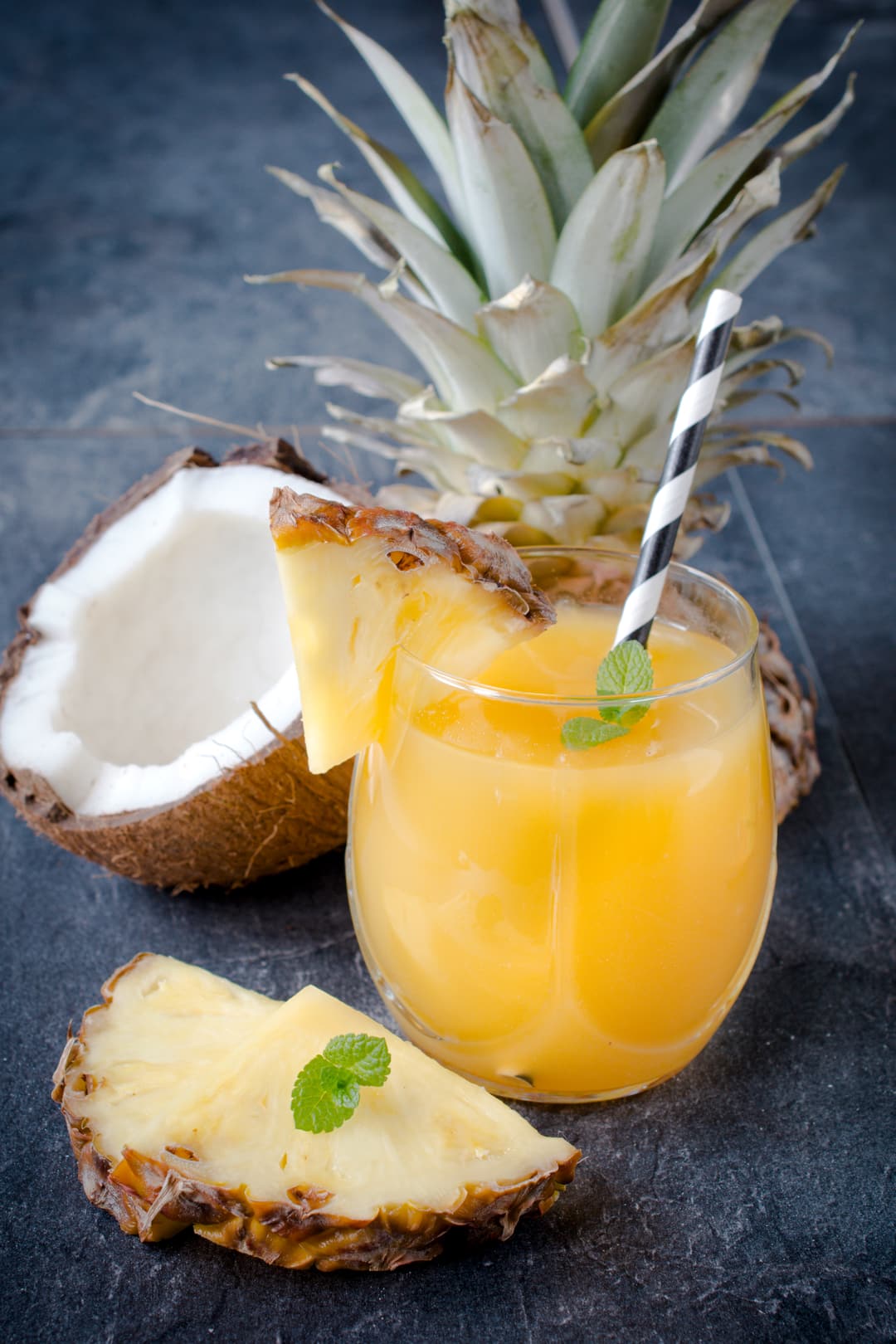
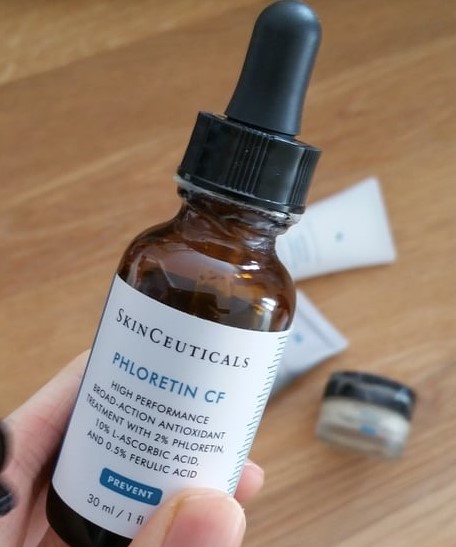
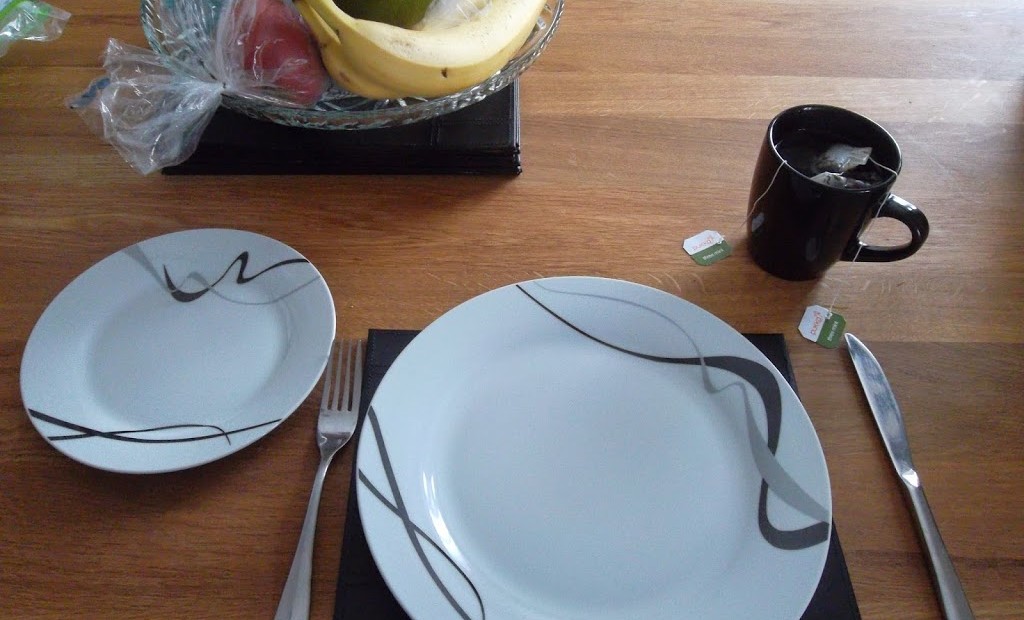
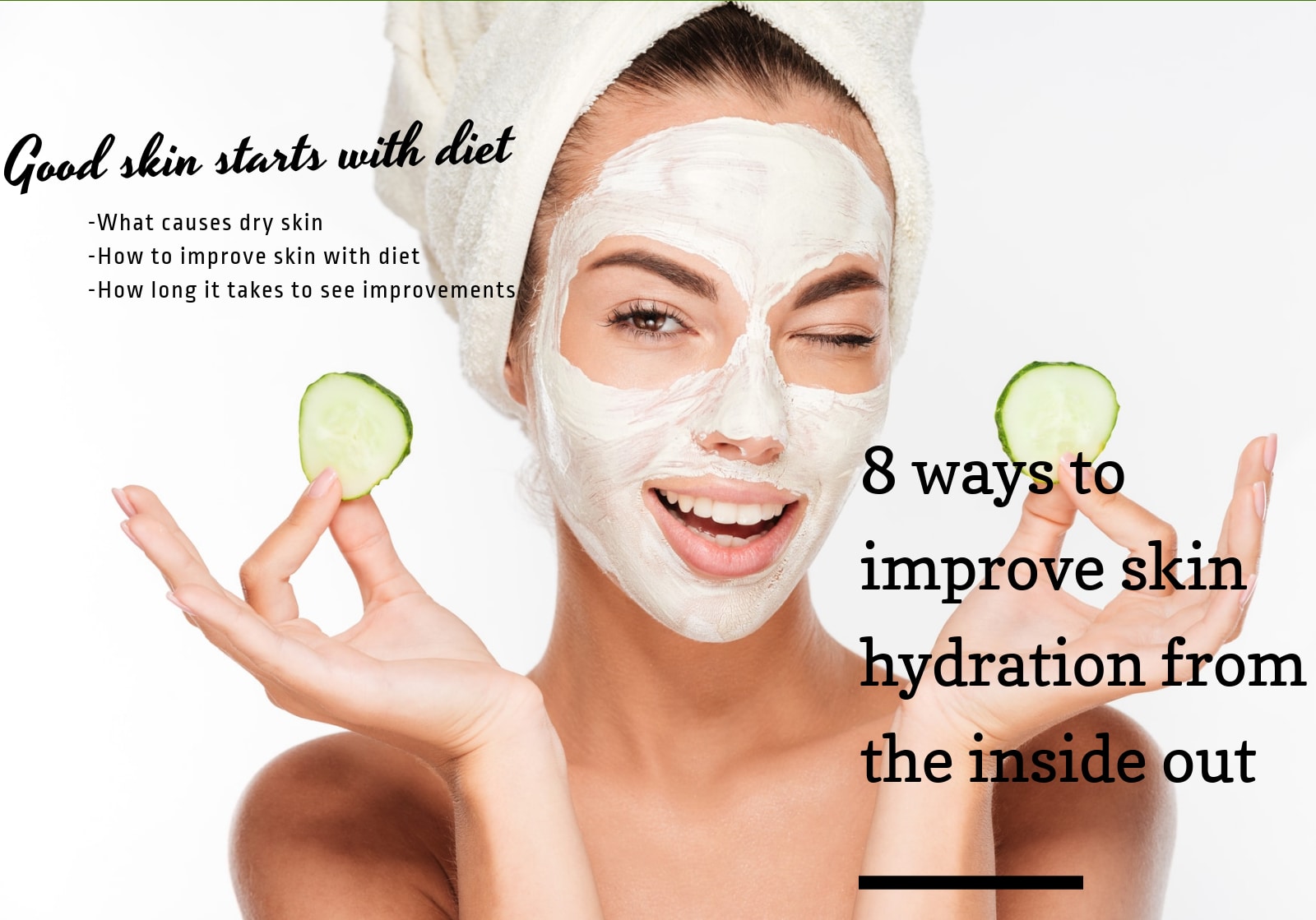
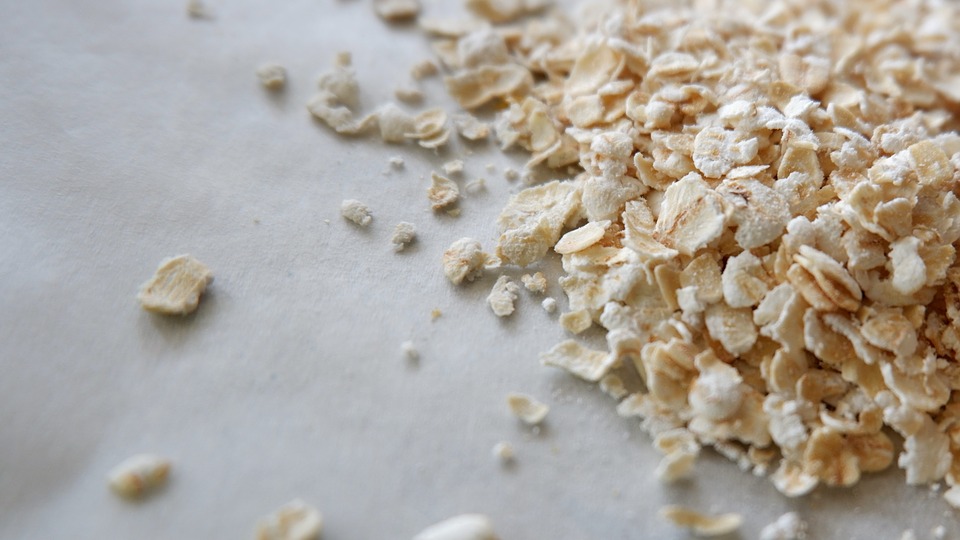

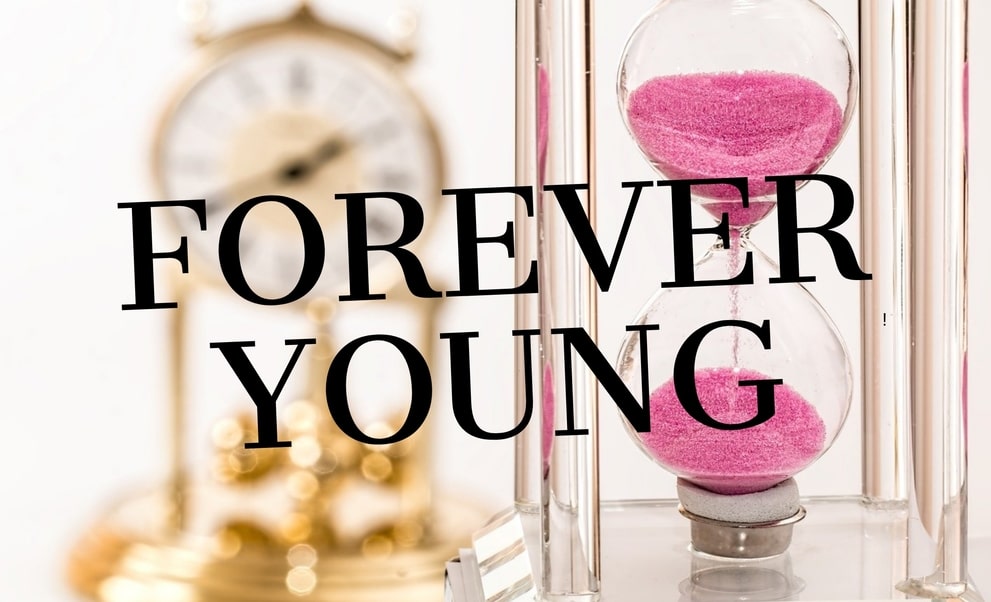

Great info! I’ve been taking care of my skin using home remedies and some cosmetic products. Now I’ll have to reduce the intake of calories. 🙂